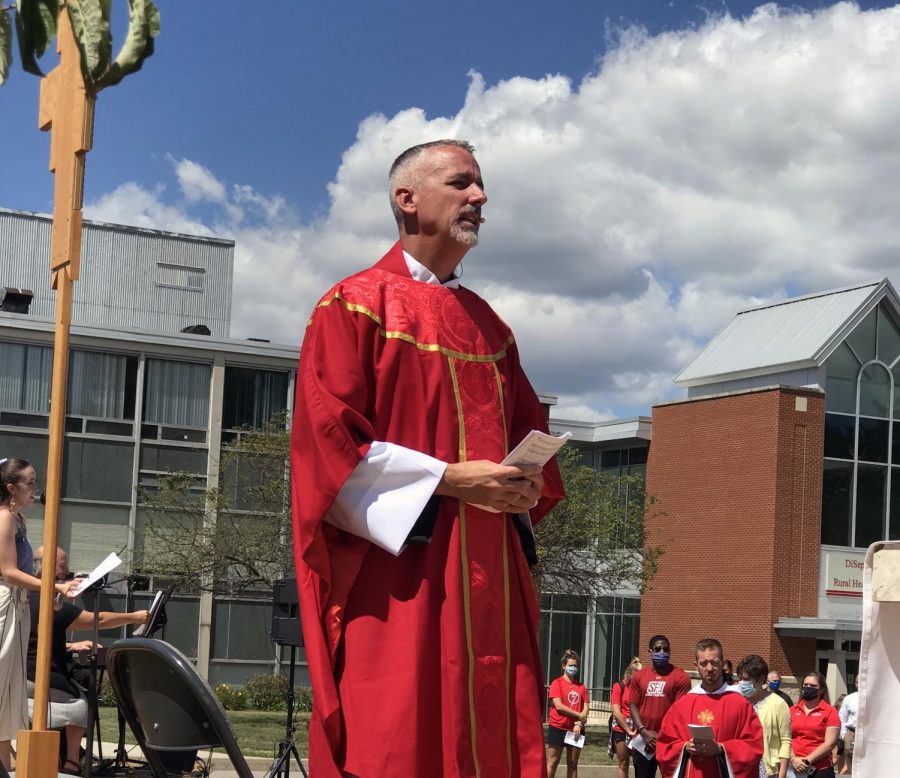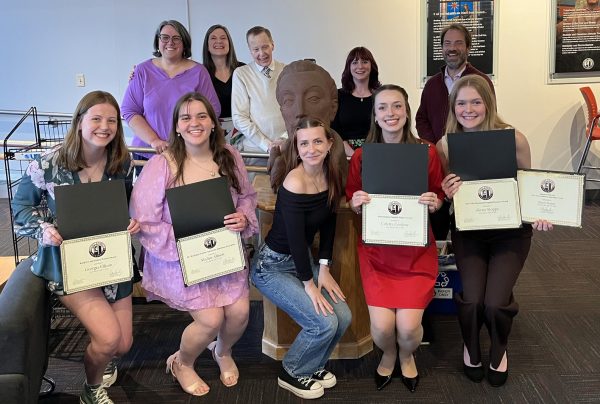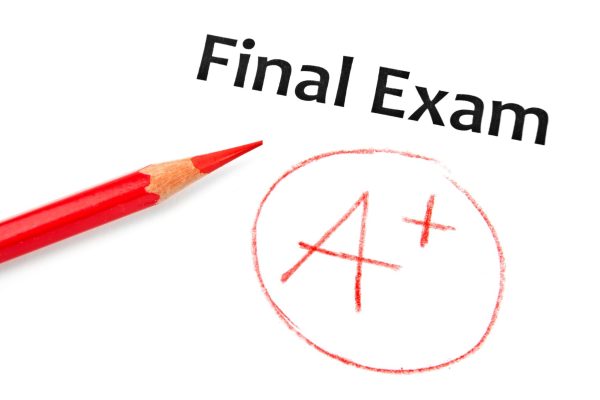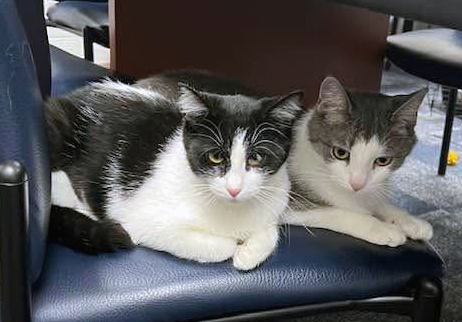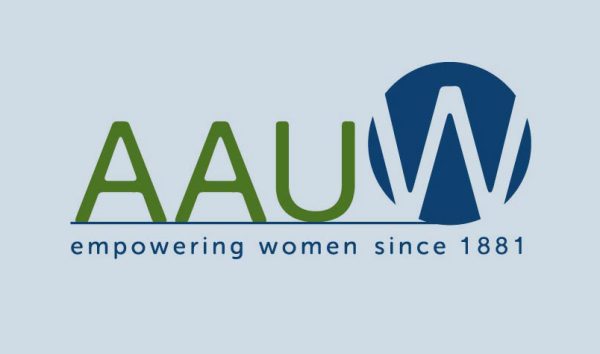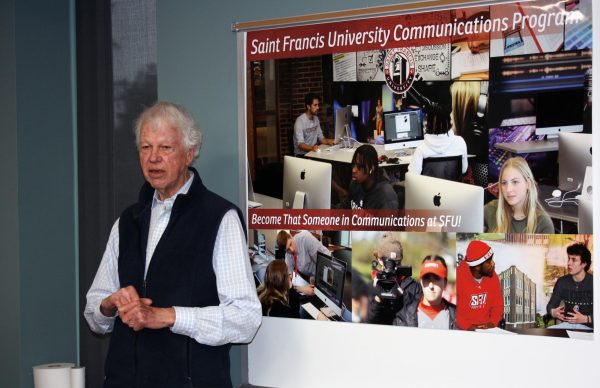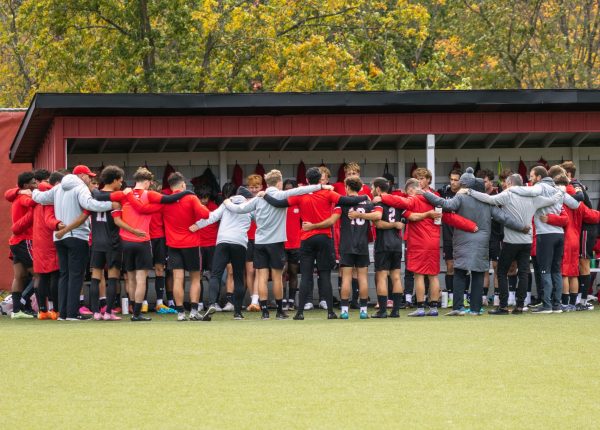A Conversation with the President
Troubadour Editor Marina Misitano recently sat down for an in-depth interview with University President the Very Rev. Malachi Van Tassell:
Marina: What did the decision-making process look like in regards to having students return to campus in August?
Father Malachi: In very early in April, the President’s Council and I knew that we wanted our students back on campus as soon as possible. We realized that it would not happen in the spring. We knew that, but that really became our mantra. We started working, early on, to find a way to get students back here in the fall. One of the things that helped us was when Gov. Wolf gave permission for health sciences students to be on campus. Those students got here May 31, started class June 1, and that gave us an opportunity to test out our protocols.
We figured if we could do it with a group of 55 students – and they knew they were part of this planning process, the students and the faculty – we all were testing protocols to implement on a larger scale for the fall semester. In April, we concluded that we would start the fall semester early, that we would go with no break, and that we would be done by Thanksgiving.
Marina: What have been some of the major changes to campus that directly support safety during this pandemic?
Father Malachi: In the spirit of “we’re all in it together,” we started messaging early on that there would be certain protocols in place that we would all have to follow. A lot of the protocols were not new to anybody – social distancing, hand sanitizing, checking your temperature, things like that – but they were new to the campus community. It was simply a matter of acclimating our students and our staff to some of the new protocols, and getting used to wearing masks in the classroom. Or in the case of the faculty, having to maybe teach a hybrid course because of capacity restrictions in the classroom.
Kudos to the faculty, who really did an amazing job. The faculty took a lot of time in the summer, when they could have been off, to develop hybrid courses. I know it’s not easy. I know it’s not ideal.
Marina: Many parents and students believe that SFU should have tested students for COVID-19 upon arrival for the fall semester. What led to the decision to leave testing optional and not mandatory for students?
Father Malachi: In advance of the pandemic, we partnered with UPMC. They provide a number of services for our student-athletes. As the pandemic was brewing, they gave us very good guidance in terms of steps to take and protocols. Then and now, UPMC is saying they do not recommend asymptomatic testing. There are too many risks of a false positive/false negative. They gave us several reasons not to. The main reason was not finances. In other words, we’re not saying, “We’re not testing because it’s too expensive.” For medical reasons, we are going to follow their guidance and not do asymptomatic testing. When someone presents symptoms, that’s a totally different story.
Marina: We are now more than a month into the fall semester. From your perspective, do you feel that things have gone smoothly in terms of reopening? What has been the greatest challenge of the reopening? What has been the biggest surprise?
Father Malachi: As you can imagine, the stress level was very high in the run up to the opening of the fall semester. We wanted this to work well, and we wanted students to be safe and healthy. When the freshmen and their parents showed up, parents were commenting very favorably on our protocols and that we were open for on-campus, face-to-face instruction. That was a very “loud” compliment throughout the course of the day. When the upperclassmen got back, we saw how compliant our students are and how students were “policing” one another to make sure that everybody complied with masking and distancing.
The upperclassmen didn’t want to be home with their parents. They want to be on campus. I was pleasantly surprised to see how the students were taking initiative to make this work. It has been consistent. When I was hearing stories in mid-August about some of the large public institutions that sent their students home after three days, I got nervous. Our students, God bless them, have been very compliant in helping to make sure we can be here all semester.
Marina: Several nearby schools – including IUP and Penn State – have seen a recent surge in COVID-19 cases on their campuses. Counties that neighbor Cambria have also recently seen significant rises in the number of cases. How concerning is this for you with regards to our Saint Francis community?
Father Malachi: I think the name of the game on our campus is vigilance. We are fortunate to be in a very rural area. You can make the case that we’re already in a state of isolation. That helps us. When I look at these larger institutions that have 10,000 or 20,000 students, I am grateful for the fact that we are a small campus and that we can be very vigilant. I think the thing that helps us, in a bittersweet kind of way, is that there is no athletic traveling. I wish we did have college sports right now, but in many ways, it’s a blessing in disguise that our students are not traveling to hotspots and coming back. It helps to keep us in that state of quasi isolation.
Marina: When we left campus in March, many students were afraid that they would be going back to hotspots. Was that a concern?
Father Malachi: We did get pushback for sending students home in March. We were balancing it at the time with “suppose there was an outbreak here.” We didn’t think we would have the resources to handle a mass outbreak on campus. We felt it was better that students be with their families in their homes.
I believe it was the right decision. Things were unfolding very quickly that week. Your point is well-taken because, in the present day, the state of Pennsylvania has asked us to give consideration if somebody contracts COVID-19, to put them in isolation on campus, versus sending them home to potentially be a “spreader.” Knowing what we know now, we are very careful about isolation and quarantine first, and then sending someone home second.
Marina: In terms of Saint Francis’ financial stability, are you confident that the University will be able to weather this storm without major changes moving forward?
Father Malachi: Yes, 100%, and note my lack of hesitation in that answer. Two years ago, we did a major restructuring. In retrospect, we did that at the absolute right time. It tightened up our financial structure, and that really set a great foundation for getting us through this pandemic. The other thing that helped us tremendously was the fact that our students want an on-campus, experience at SFU. Over 90% of our upperclassmen returned for the fall semester from the spring. That was a ringing endorsement of what we do here. Over 400 new students joined us in August, so the fact that our enrollment numbers are so strong sets a good stage for us for the future.
Marina: As a University, where does SFU stand with regards to the Black Lives Matter Movement?
Father Malachi: I think that it’s important to nuance that by saying we believe in the dignity of the human person. We believe that all people are created in the image and likeness of God. When it comes to the phrase “Black Lives Matter,” that has different meaning to different people. We affirm the sentiment of BLM from the standpoint of “this is a human person who has dignity and who must be respected.” That is separate and distinct from any type of political organization or connotation. We look at it from a standpoint of Black lives matter because this is someone’s child, this is someone’s life, and all life is sacred.
Marina: Juneteenth is a holiday that celebrates the liberation of those who have been enslaved in the U.S. It has been celebrated in the African-American community since June 19, 1865. The Saint Francis Instagram page posted and recognized this day back in June, but the post did not capture what this holiday actually means. This deeply affected some members of SFU’s black community, and many expressed frustrations on social media. Can you address this incident?
Father Malachi: As president of the institution, I own the fact that we did not do as good of a job as we could have done with June 19, and I apologize for that. It’s an opportunity that was lost by us, and I personally feel very bad for those who we offended as a result of that post. We could have done a much better job, and we will do a much better job ahead.
I do want to make mention of the Martin Luther King Jr. holiday. We are going to do a nice job of celebrating MLK Jr. Day in January because we should, and we don’t want to lose that opportunity. I have asked our Black Student Union to give us significant input as to how we can celebrate Martin Luther King Jr. I don’t want a repeat of Juneteenth. We want to take these opportunities to celebrate, educate and involve our community.
Marina: There was an email chain earlier this month about the BLM mission statement, one initiated by an SFU adjunct professor. This email chain caused a stir among many students here at the University. Can you address this incident?
Father Malachi: I can’t comment on the specifics of it because it is a personnel situation that is being investigated. At a university, each student and faculty member has to have the freedom to debate and discuss ideas. This is the academy, and that is where such things are done. I fully support academic freedom and freedom of expression.
There is also the question, “What is the best venue for discussion?” For me, one of the outcomes of watching that email unfold is that I was fascinated by what students had to say. It was really giving me insight into what a number of people thought. I remember thinking to myself, rather than having an email exchange, let’s have a symposium. Let’s have a lunch-and-learn. Let’s have a coffee house where we discuss ideas. There were several issues in the email thread that we could have spent hours unpacking, and I hope we do. That’s what we should be doing. We should be talking about issues here, but not through email. There’s no tone of voice. You lose nuance. Let’s sit down and talk to each other.
Marina: Given the polarized environment in many communities across the country, as well as existing divisions here on our own campus, what do you think is the best approach to take to initiate civil discourse on subjects such as race, inequality and police violence?
Father Malachi: I think the Sept. 14 community conversation was a great example of a way conversation can take place. We heard different perspectives from different students, and it was very enlightening. That is a great format that I hope we do again. Likewise, whether it’s a small-group setting to discuss issues or something spontaneous, it’s about conversation. As I’m fond of saying, we are a community of learners. Each of us has something to teach. We have to take advantage of that on campus. A lot of learning takes place outside the classroom, so let’s harness that.
Marina: How does the Franciscan tradition of the University shape its approach to dealing with these issues?
Father Malachi: Franciscans are peacemakers by nature. We are bridge builders, so I think just the mere fact that you have Franciscans on campus sets a nice tone for good conversation and bringing people together. Our faculty and our staff share that Franciscan spirit of joy, kindness, and welcoming people who are different than us. It’s part of who we are as Franciscans, and it is a part of the fabric of the University – that we have conversation, and that we also we put into action civility, respect and the golden rule.
